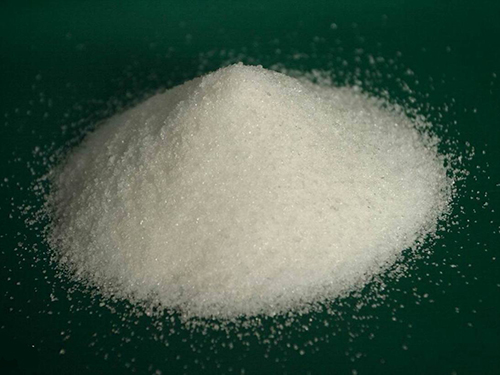Effective Solutions for Preventing Limescale Buildup in Plumbing Systems
Understanding Limescale Inhibitors A Guide to Protecting Your Plumbing
Limescale, a hard, chalky deposit primarily composed of calcium carbonate, is an inevitable consequence of hard water—a term that refers to water with high mineral content. While natural, limescale can pose significant problems for both household fixtures and appliances. From clogging pipes to reducing the efficiency of water heaters and dishwashers, limescale contributes to increased energy costs and maintenance issues. This is where limescale inhibitors come into play, offering an effective solution to combat this mineral menace.
Limescale inhibitors are substances designed to prevent or reduce the formation of limescale in plumbing systems. These inhibitors work by altering the physical and chemical properties of the minerals present in hard water. Various methods are employed, including chemical treatments, physical devices, and magnetic or electronic systems. Understanding how these inhibitors function can help homeowners make informed choices about protecting their plumbing systems.
One of the most common types of limescale inhibitors is chemical treatment. These products typically contain phosphates or polyphosphates, which effectively bind calcium and magnesium ions, preventing them from precipitating and forming limescale deposits. By maintaining these minerals in a soluble form, water remains clear and free from that stubborn buildup. However, when using chemical inhibitors, it is crucial to consider the potential environmental impacts and follow the manufacturer’s guidelines to avoid excess chemical use.
limescale inhibitor

In contrast, physical limescale inhibitors utilize various technologies to prevent limescale buildup. One prevalent method is the use of a water conditioner, which alters the properties of the water. These devices often employ a process known as template-assisted crystallization (TAC). Instead of simply preventing limescale, TAC allows for the formation of tiny crystals that do not adhere to surfaces, thus reducing buildup in pipes and appliances. This environmentally friendly approach does not remove minerals from water but rather changes how they behave, making it a popular choice among homeowners seeking sustainable solutions.
Another innovative approach to limescale prevention involves magnetic or electronic systems. These systems claim to alter the molecular structure of water through magnetic fields or electronic pulses. However, the effectiveness of these methods is still a topic of debate among experts. While some users report positive results, scientific evidence supporting the efficacy of these systems is limited.
In addition to installing limescale inhibitors, regular maintenance can significantly enhance their effectiveness. Flushing water heaters and descaling appliances as recommended by manufacturers can help minimize limescale buildup. Furthermore, monitoring water quality and maintaining appropriate filtration systems can also contribute to overall plumbing health.
In conclusion, limescale inhibitors serve as a valuable tool for homeowners dealing with hard water issues. By selecting the right type of inhibitor—whether chemical, physical, or magnetic—you can protect your plumbing, improve the efficiency of your appliances, and ultimately save money on energy bills. Investing in a limescale inhibitor is not just a preventive measure; it’s a commitment to maintaining the longevity and efficiency of your home’s plumbing system.
-
Water Treatment with Flocculant Water TreatmentNewsJun.12,2025
-
Polymaleic AnhydrideNewsJun.12,2025
-
Polyaspartic AcidNewsJun.12,2025
-
Enhance Industrial Processes with IsothiazolinonesNewsJun.12,2025
-
Enhance Industrial Processes with PBTCA SolutionsNewsJun.12,2025
-
Dodecyldimethylbenzylammonium Chloride SolutionsNewsJun.12,2025





